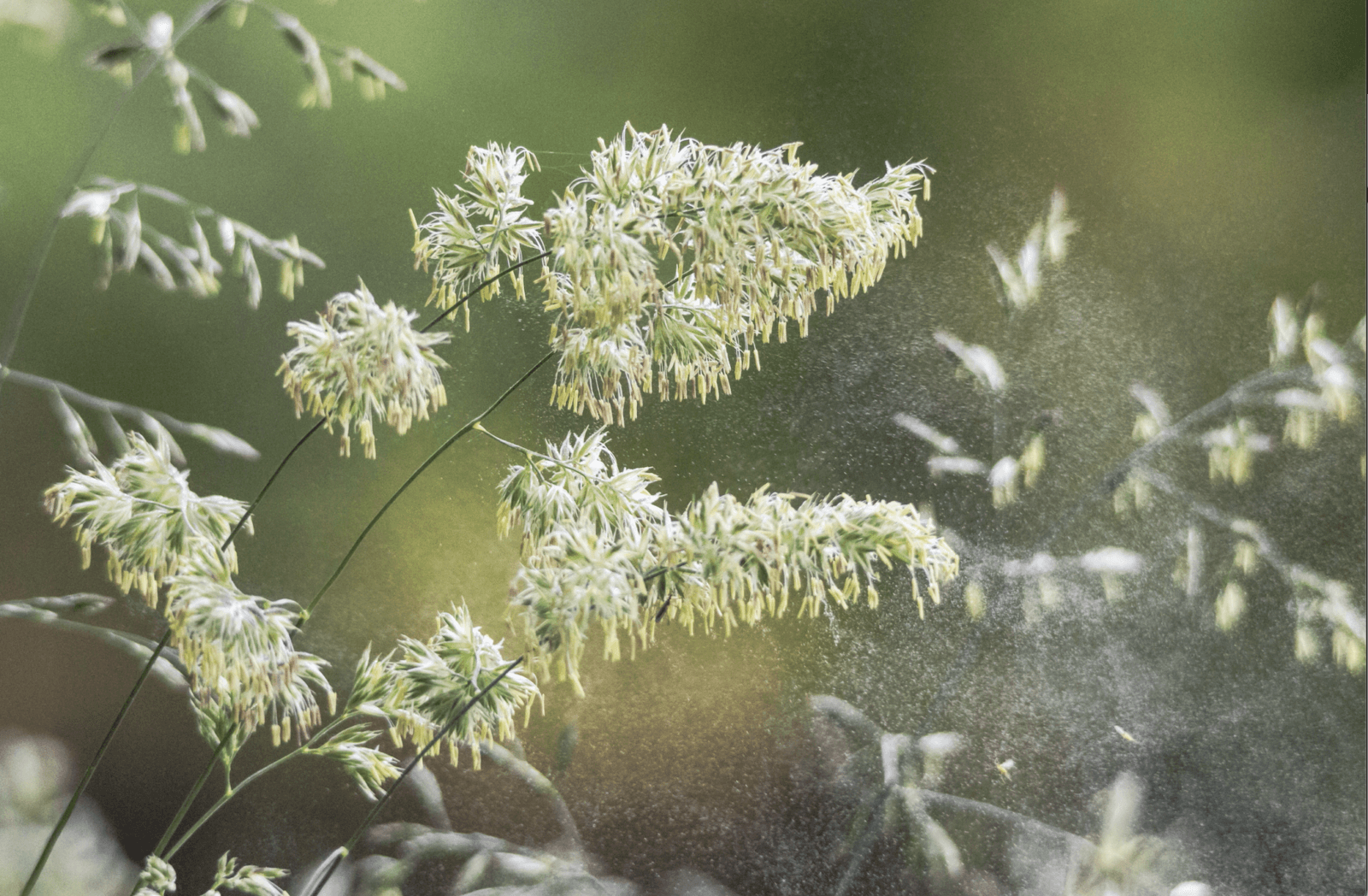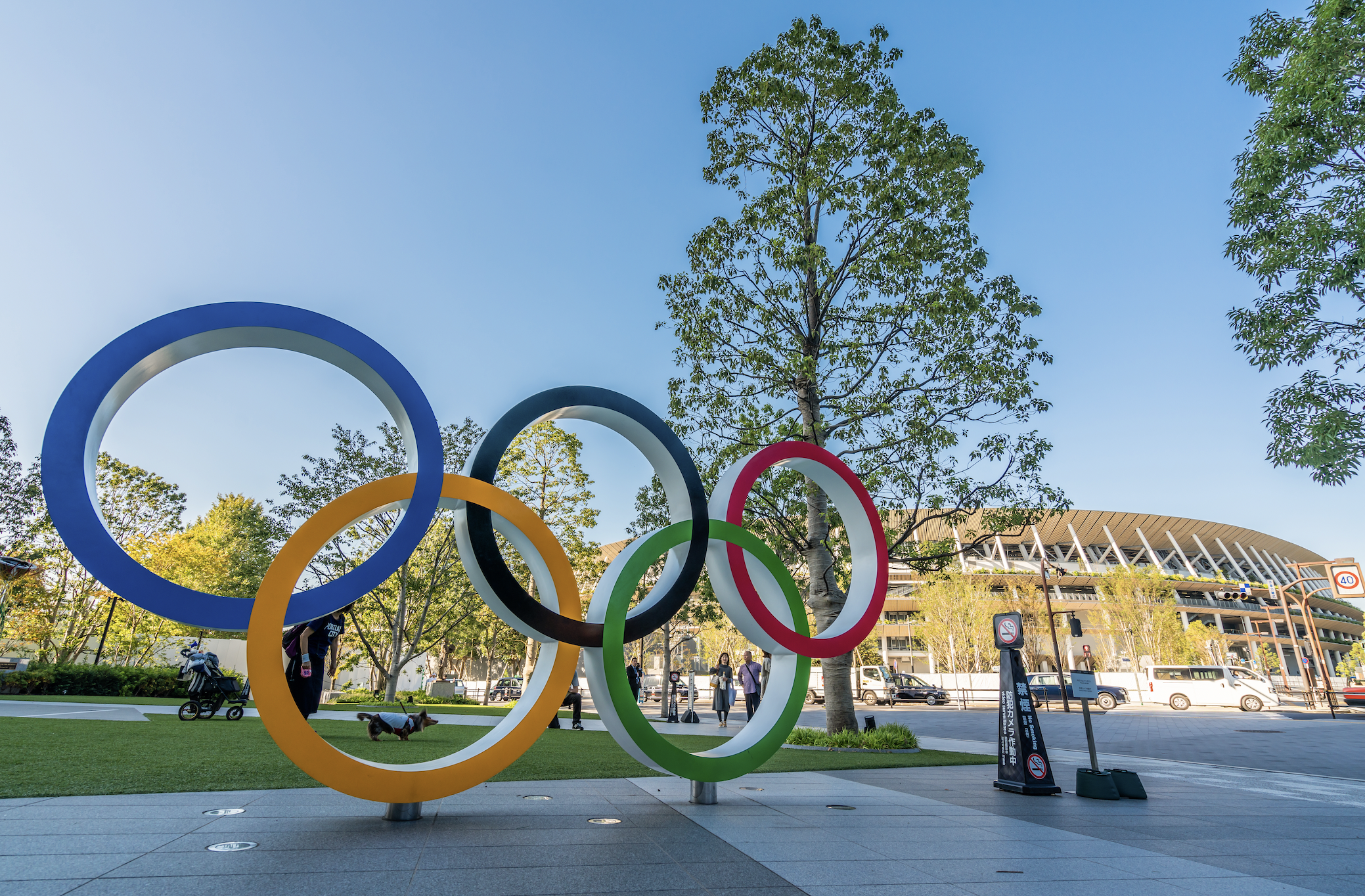
Allergist Jack Parrino provides solutions for Tampa Bay’s top allergies
Greater Tampa Bay is a great place to live. It has some of the best sports teams in the country, beautiful beaches, sunny weather and a low crime rate. In case that is not enough evidence, Tampa was recently named one of the best cities in Florida. All good things do come with a few flaws, however. With the heat and humidity, allergies are part of the package deal that comes with life in GTB. That does not mean it has to affect everyday life along the gulf coast, though.
Here are the most common allergies encountered in the bay area and several ways to keep them under control — so residents and visitors alike can enjoy the area’s natural beauty clearly and sneeze-free.
Ragweed
It is one of the biggest offenders in the Sunshine State, and it runs amok for a good portion of the year. Florida does not traditionally have many freezes, so there is little to no opportunity for ragweed to be killed off. There are 17 species of ragweed, and all of them contain a very fine pollen that can travel hundreds of miles in the air.
Ragweed allergies can present as itchy eyes, runny nose, headache, sinus pressure and sleep problems. Medicines such as Benadryl and nasal steroid sprays can help residents make it through ragweed season without scratching their eyes out. Literally.
Mold and dust mites
Not all allergies are triggered by the outdoors.
With Florida’s hot, humid and hurricane-prone weather, mold is a common occurrence. It can be difficult to figure out exactly what causes symptoms, as the symptoms between mold, dust mites and other allergens can be very similar.
Dr. Jack Parrino is an allergist at the Tampa Allergy Center and has been practicing in the area since 1979.
“There are things indoors that can cause symptoms. Dust mites are the major cause of that. They thrive in warm humid environments in the dark. We’re the dust mite capital of the United States. That contributes to indoor allergies,” Dr. Parrino said.
Mold allergy symptoms can present as dry skin, itchy eyes, scratchy throat, a runny or blocked nose and wheezing. It is important to see a doctor as soon as possible if these symptoms occur.
Red tide
Nope, not the movie with Denzel Washington. Red tide is a form of algal bloom that forms along coastlines, and Tampa Bay is no stranger to this natural phenomenon. It forms a red discoloration on the sea’s surface that can be deadly to fish and other wildlife, and while not all instances of red tide are harmful, it can be dangerous to humans.
There is no such thing as a red tide allergy, but Dr. Parrino said that people who have certain health issues should be wary. Others may experience some irritation but should not experience any harmful effects.
“People who have asthma and other allergies can experience symptoms brought on by red tide, and you don’t even have to swim in the ocean to be exposed to it — it can travel through the air, which can trigger coughing, wheezing, itchy or burning skin and sneezing,” Dr. Parrino said. “People who are most at risk are those with respiratory problems such as emphysema, asthma and COPD. If you’re close enough to smell dead fish, it’s aerosolized by the surf. If you start coughing, get away from the area.”
When planning a beach day during a red tide bloom, be mindful of where to spend time and try to avoid the heavily afflicted areas.
Pollen
Pollen is one of the most common allergens throughout the country. However, because Florida almost never experiences a total freeze and trees pollenate all year long, the longevity of pollen allergies is traditionally longer than in other areas.
It is also a broad stroke — the three kinds of pollens are tree, grass and weed. Oak and pine are the most abundant pollen producers in GTB, with springtime being the peak. Symptoms of a pollen allergy are similar to other allergies, including but not limited to runny nose, watery eyes, sneezing and nasal congestion. Decongestants, oral antihistamines and nasal sprays can all be beneficial to lessen pollen symptoms.
“The most common pattern is year-round symptoms that worsen in the spring when trees are blooming. Oak trees are the anchor of the season,” said Dr. Parrino, with the oak season typically lasting from February to April, give or take a month. “Oak anchors the season, and people get fairly miserable. There’s so much pollen on the car, you can write your name on it.”
People with allergies may experience increased symptoms in the summer due to grasses and in the fall due to weeds. In the winter, when pollens are less abundant, mold becomes the more prominent allergen.
Overall, allergies can be felt year-round in GTB, but it is entirely treatable, according to Dr. Parrino.
“It’s treatable with appropriate medicines, and when that’s not working, it’s good to see an allergist to identify what you’re allergic to. The best treatment and the most difficult is to avoid what you’re most allergic to,” he said.
Written by Jen Clark





